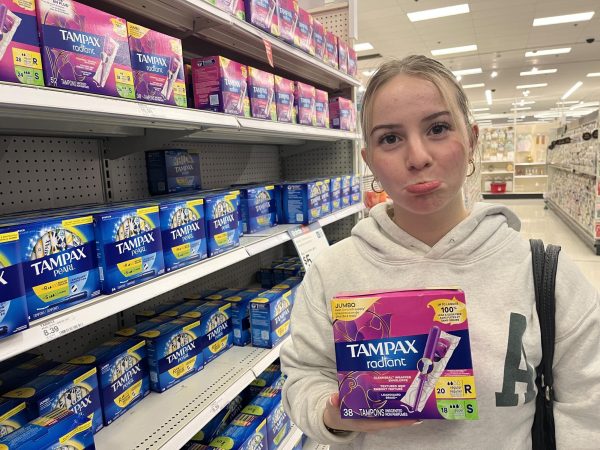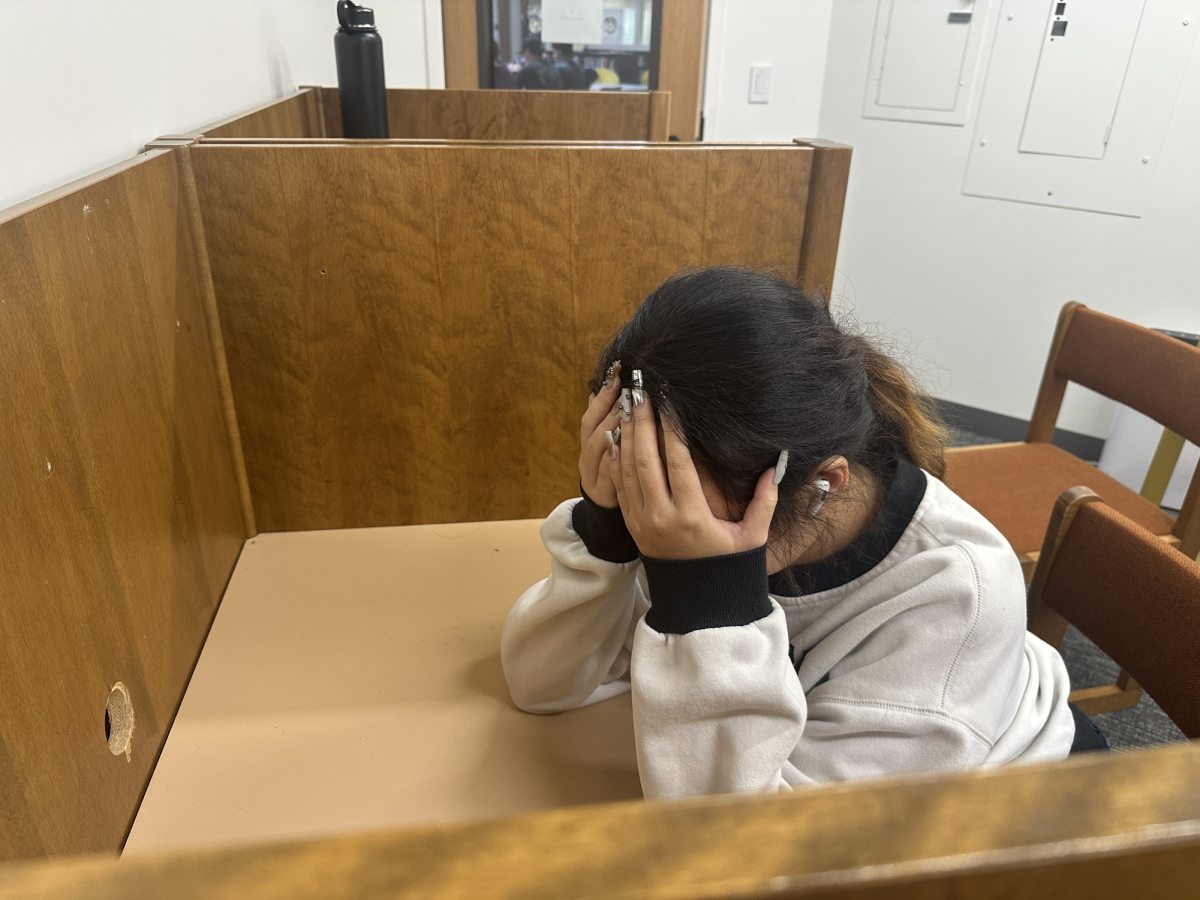On your everyday Target run, you catch sight of the men’s razors on one side of the aisle and women’s on the other. One side is significantly more expensive. The only difference is the aesthetics — the men’s is bland, and the women’s is bedazzled and colorful.
What I am describing here is the Pink Tax, where companies use pink instead of bland packaging when gearing their products toward women to “tax” them. The Pink Tax is not a sales tax, but a general term to describe women’s struggles in having to pay more for basic, everyday products.
“That is really not okay. There shouldn’t be a difference between products with women and men, especially price wise,” Andres Caballero (‘26) said. “If there is actually a tax that increases prices for things marketed towards women, that is just clearly sexism.”
Although most companies claim that the price differences are due to the cost of products, the Pink Tax is a clear example of gender inequality and misogyny, which cannot be justified. When looking at the prices, there is a clear difference with a typical men’s razor costing 11% less than a women’s razor.
This is irrational considering that women not only face the need for feminine hygiene products such as tampons and pads, but they are also expected to pay more for basic products needed on the daily. In addition to the Pink Tax, there is also the Tampon Tax, which essentially means that feminine hygiene products are not protected from being tax exempt.
This tax is unreasonable as men are not taxed on health care products deemed as necessary. It should not be acceptable to tax women on products essential for their health.

“I think that, obviously, it is not okay [that men’s products are not being taxed, but women’s products are],” Andres said. “It should be changed so the prices for these things are lowered as most women need these products, [which] should not be costing more.”
At Webb, Target runs are the primary opportunity for people to get necessities, such as products for basic hygiene. Since it is not Webb’s job to supply products like shampoo, deodorant, body wash, and other basic care products, Webb students are directly affected by the Pink Tax.
“When I came to America, I had to buy pads myself for the first time,” Emily Shao (‘26) said. “It was so expensive, and I was like ‘what’?”
For some women on campus, this drastic price difference has caused them to shift to men’s products in an effort to save money.
“I bought razors that were men’s because they were cheaper,” Emily said. “Also, they apparently work better; I heard online.”
Experiences like Emily’s show how the Pink Tax impacts not only women all around the country, but also the Webb community. At Webb, where many girls have to buy their own hygiene products for the first time, impacts of the Pink Tax can be difficult to navigate. On your next trip to Target, consider how you can address the gender inequality seen throughout the aisles.


![Walking through target aisles, there are many options to choose from when picking shampoo, deodorant, and body wash. It is clear that products gearing toward women have a clear price difference: the women’s razors with three cartridges are the same price as the men’s razors that come with six. “I think [women’s products being priced more] is very unfair because menstruation is an inevitable part of being a female,” Jia Ni (‘26) said. Each product on the men’s side of the aisle looked exactly the same while the women’s products have cool unique quirks. The products that geared toward men lack aesthetic but appear price friendly.](https://webbcanyonchronicle.com/wp-content/uploads/2024/12/Antecol-Pink-Tax-Graphic-1200x900.jpg)




![Many Webb students spend their free time in the library watching a popular TV show like Riverdale and Euphoria. “Based off what I’ve seen, like in Euphoria, because the actors are older, they don't showcase an actual high school life properly,” Sochika Ndibe (‘26) said. “Since [the actors] are older [and] playing a teenager, from a girl’s perspective, it is going to make you think you should look more developed at a young age.” The actor, who plays Veronica Lodge, was 22 years old at the time of filming.](https://webbcanyonchronicle.com/wp-content/uploads/2025/03/Antecol-Media-affects-how-society-functions-graphic-1200x900.png)







